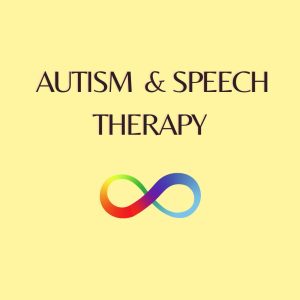Autism and Speech Therapy: What Parents Need to Know

Understanding Autism and Speech Therapy: What Parents Need to Know ? Autism Spectrum Disorder (ASD) is a complex developmental condition that affects communication, social interaction, and behavior. Children with autism may have difficulty with expressive and receptive language, social communication, and pragmatic language. Speech therapy can help children with autism improve their communication skills, but it’s important for parents to understand what to expect and how to best support their child.
One of the key things to understand about autism and speech therapy is that every child with autism is different. While some children may have severe language delays, others may have more subtle communication difficulties. This means that the approach to speech therapy will be unique to each child and may change over time as the child develops.
Another important thing for parents to know is that speech therapy for children with autism often focuses on more than just language. Social communication and pragmatic language, which includes the use of language in social situations, are also important areas of focus. Speech therapists may use play-based therapy to teach social skills, such as taking turns, initiating conversation, and understanding nonverbal cues.
It’s also important for parents to understand that speech therapy for children with autism is not a one-time or short-term intervention. Children with autism often require ongoing therapy to continue to make progress and maintain their skills. This may include regular therapy sessions, as well as parent training and home practice activities.
To support their child’s speech therapy, parents can also work on building a strong relationship with the speech therapist, ask questions, and actively participate in therapy sessions. Additionally, they can try to create a communication-rich environment at home by reading to their child, having conversations, and encouraging their child to express their needs and wants.
In conclusion, speech therapy can be an effective way to help children with autism improve their communication skills. However, it’s important for parents to understand that every child with autism is unique and that therapy may involve more than just language. Ongoing therapy, parent involvement, and a communication-rich environment at home can all play a crucial role in helping children with autism make progress in their speech therapy journey.
